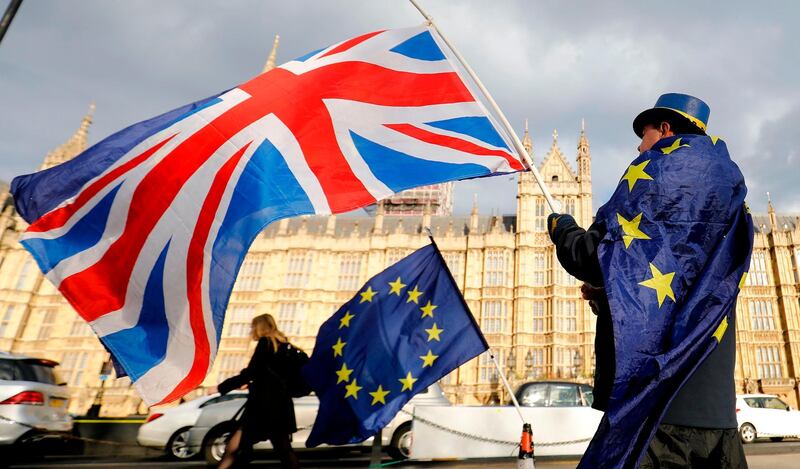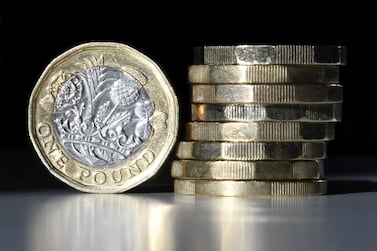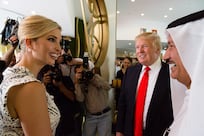Britain will create freeports across England after the end of the Brexit transition period to help drive investment, create jobs and regenerate communities as it looks to boost trade when it exits the European Union.
Sea, air and rail ports in England will be invited to bid for freeport status before the end of the year, the government confirmed on Wednesday, with the first of the new sites set to be operational by the end of 2021.
The bidding process for English locations looking to become a freeport will start before the end of this year.
“Our new freeports will create national hubs for trade, innovation and commerce, regenerating communities across the UK and supporting jobs,” said Rishi Sunak, the UK finance minister.
“They will attract investment from around the world as we embrace new opportunities following our departure from the EU and will be a key driver for economic recovery as we build back better post coronavirus.”
Prime Minister Boris Johnson’s government started a consultation on the creation of freeports in February, with a search for locations.
Goods entering freeports are exempt from import taxes and tariffs and often benefit from simplified regulations.
Free zones are a popular concept in the UAE, where they form a significant part of economic activity in the country by attracting foreign investment with easier start-up processes, labour and immigration procedures.
"The government has drawn on evidence from successful freeports around the world to develop a UK freeport model. The proposed model includes tariff flexibility, customs facilitations and tax measures," the consultation report from the finance ministry said in February.
UK media reports indicate there will be 10 freeports spread across the country, which will allow companies to carry out business inside England’s land border but with different customs rules applied.
The government pledged a package of tax reliefs on investment by businesses within freeport tax sites, new measures to speed up planning processes to hasten development in and around the hub and new initiatives to encourage innovators to generate new ideas to create additional economic growth and jobs.
The government said it was “seizing on the opportunities presented by leaving the EU” to help drive Britain’s post-Brexit growth.








